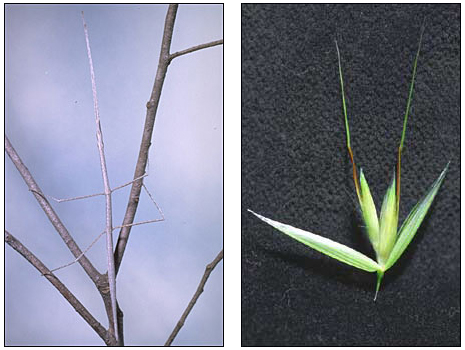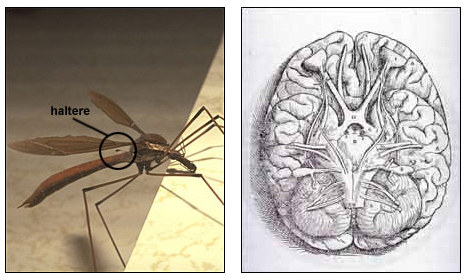How can we define complexity? To get a handle on it, we might compare the number of different types of cells or the number of genes within a species.
If we simply compare the life that was probably around 3.5 billion years ago to the life that is around today, it is obvious that the “average” level of complexity is higher today than it was at life’s origins. But this is probably just because when life started out, it was at its lowest limit of complexity. It had nowhere to go but up!
What happens if we ignore the early history of life and just look at evolution after life had become reasonably complex? If life has the opportunity of going either up or down the complexity scale, does it tend to go up?
The answer to this question is simply that we’re not sure — it depends where you look. There are many cases of simplification (for example, some insects have lost their wings) and others in which lineages have become increasingly complex (for example, some insects wings have evolved into complex organs for flight control).
1. Simplification or loss

2. Increased complexity

There is no clear evidence available at this point for an overall trend towards complexity in the history of life. Besides, a lot of “simple” organisms are still around! The entire history of life could be referred to as the “Age of Bacteria” because bacteria have been and still are ubiquitous, since the beginning of life on Earth. Just a thought.

